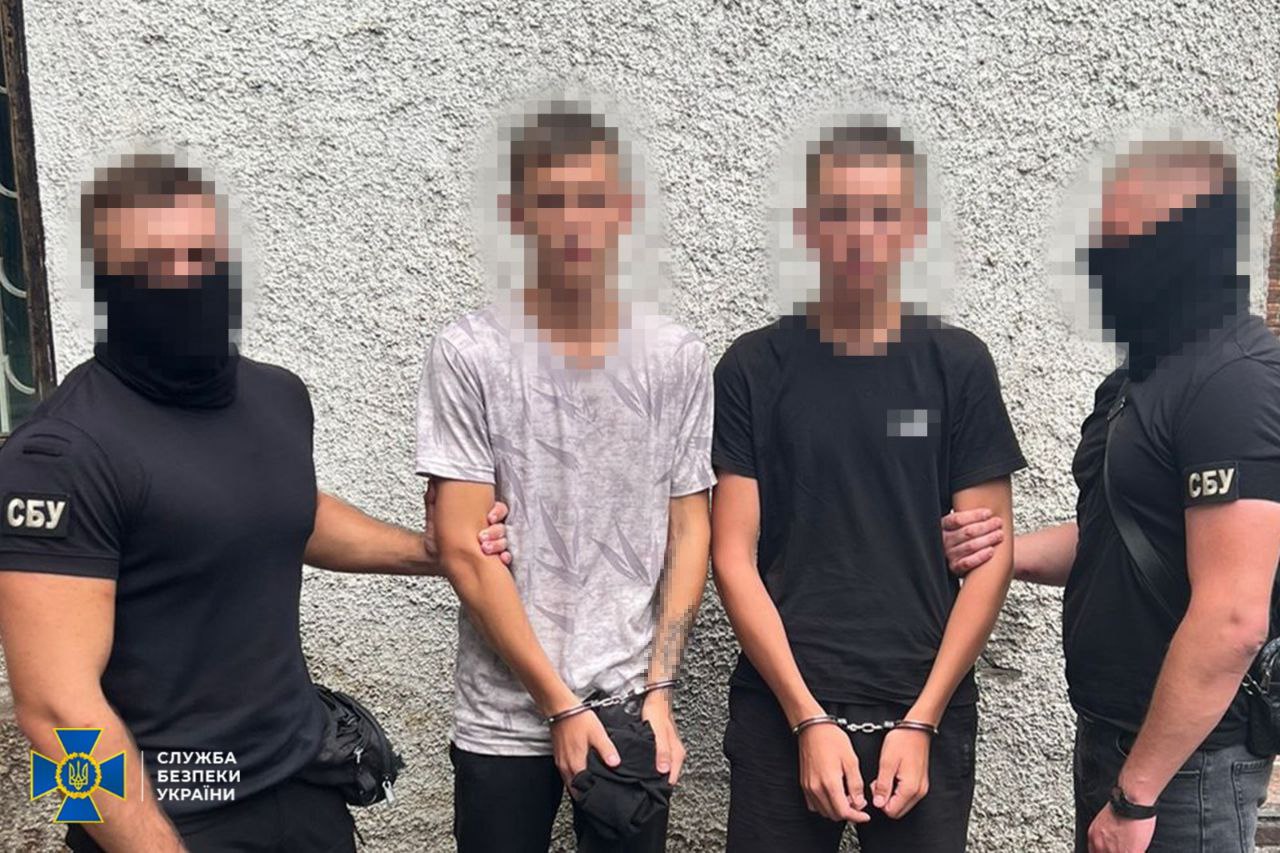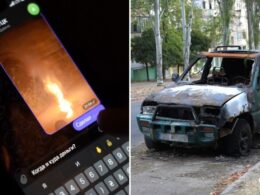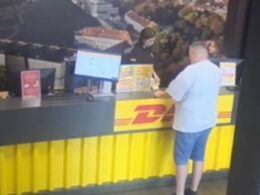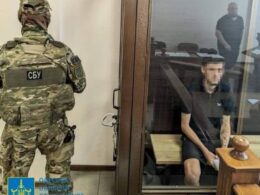In 2024, the Security Service of Ukraine (SBU) and National Police detained over 450 people who, according to the agency's press service, "were engaged in arsons in Ukraine under the direction of Russian handlers."
Ukrainian news outlet Graty analyzed how such cases are classified and compiled a portrait of the arsonists. According to the outlet, the scheme looks like this: the arsonists ''found an advertisement for quick money and received a proposal to set fire to a military vehicle. Afterwards, they found the vehicle and coordinated the choice with the handler, thereby setting it on fire.''
This is a typical scheme of crimes that Ukrainian law enforcement agencies began reporting in 2024. According to the Security Service of Ukraine, National Police, and the Office of the Prosecutor General Russian special services are behind these orders. They promise would-be arsonists an average of about $1,000. Video recording of the arson was mandatory for payment.
In October 2024 alone, Ukraine's Office of the Prosecutor General reported four cases where law enforcement detained suspects. Ukrainian authorities say there is a category of arsonists who operate alone — like a Dnipro resident who has been accused of damaging not only a service member's car, but also a Ukrainian Railways relay cabinet. Sometimes suspected arsonists work in groups: for example, two Poltava residents are suspected of damaging three service members' vehicles in one day.
From 1 January to 7 October 2024, investigators entered information about 266 cases of vehicle arsons targeting transportation belonging to or used by military personnel or volunteers. These crimes resulted in damage to 296 vehicles, according to data from the Information Policy Department of the Prosecutor General's Office.
The Security Service of Ukraine emphasizes that Russian special services are the real clients. As SBU spokesman Artem Dekhtiarenko explains, investigators reach this conclusion based on correspondence between suspects and clients. In some cases, they manage to identify the account from which the order came.
However, tracking down the clients is not easy, the publication writes. Lawyer Anastasiia Korol works in the free legal aid system and currently defends three suspects in military vehicle arsons. She says the handlers typically manage to erase their traces.
"Usually, at the time of arrest, suspects' phones no longer contain correspondence with the people who placed the orders. Telegram has a 'delete for everyone' function. Both suspects and investigators told me that information gets deleted from the client's side. Sometimes it can be tracked, but very rarely. In my practice, such messages were no longer on the phone," Korol said.
The general profile of perpetrators matches those previously detained in "drug courier" cases. ''It's an ordinary person, mostly in difficult financial circumstances, looking for any work. Those who were previously recruited for dropping off drug stashes had the same profile — psychological, social,'' the lawyer noted.
One in four identified suspects turned out to be a minor — 45 out of 167 people. Korol considers the involvement of minors in crimes a major problem, as they cannot yet fully understand the gravity of their actions and consequences. Ukrainian researches argue that the FSB deliberately recruits Ukrainian children and encourages them to commit arsons.
Related:
- Ukraine arrests suspected Russian agent in Chernihiv for arson and targeting military sites
- SBU foils arson plot by suspected Russian agent in Dnipro
- Investigation into Russian-orchestrated arson attacks leads to Russian terrorist threats in Ukraine
- Minors among those arrested in Russian-backed arson campaign across Ukraine
- Minors among seven suspects detained for arson attacks on military and railway targets in Ukraine





